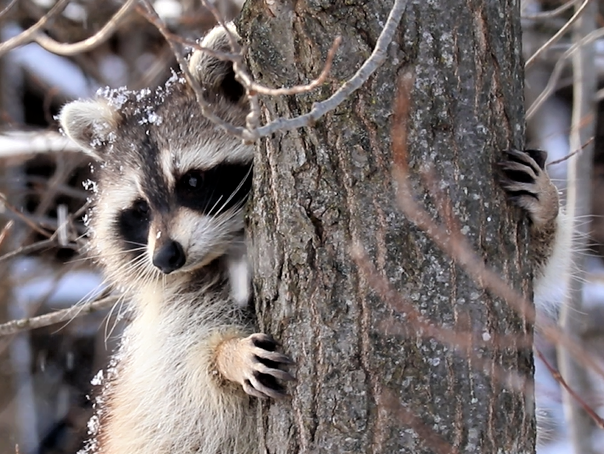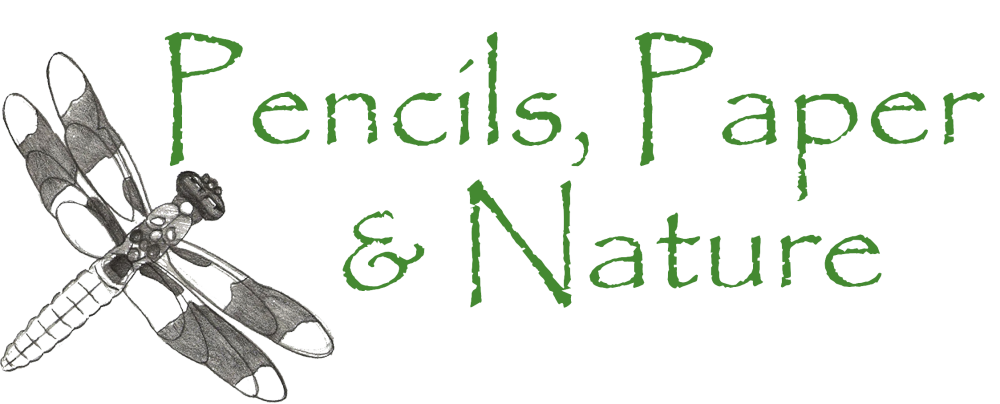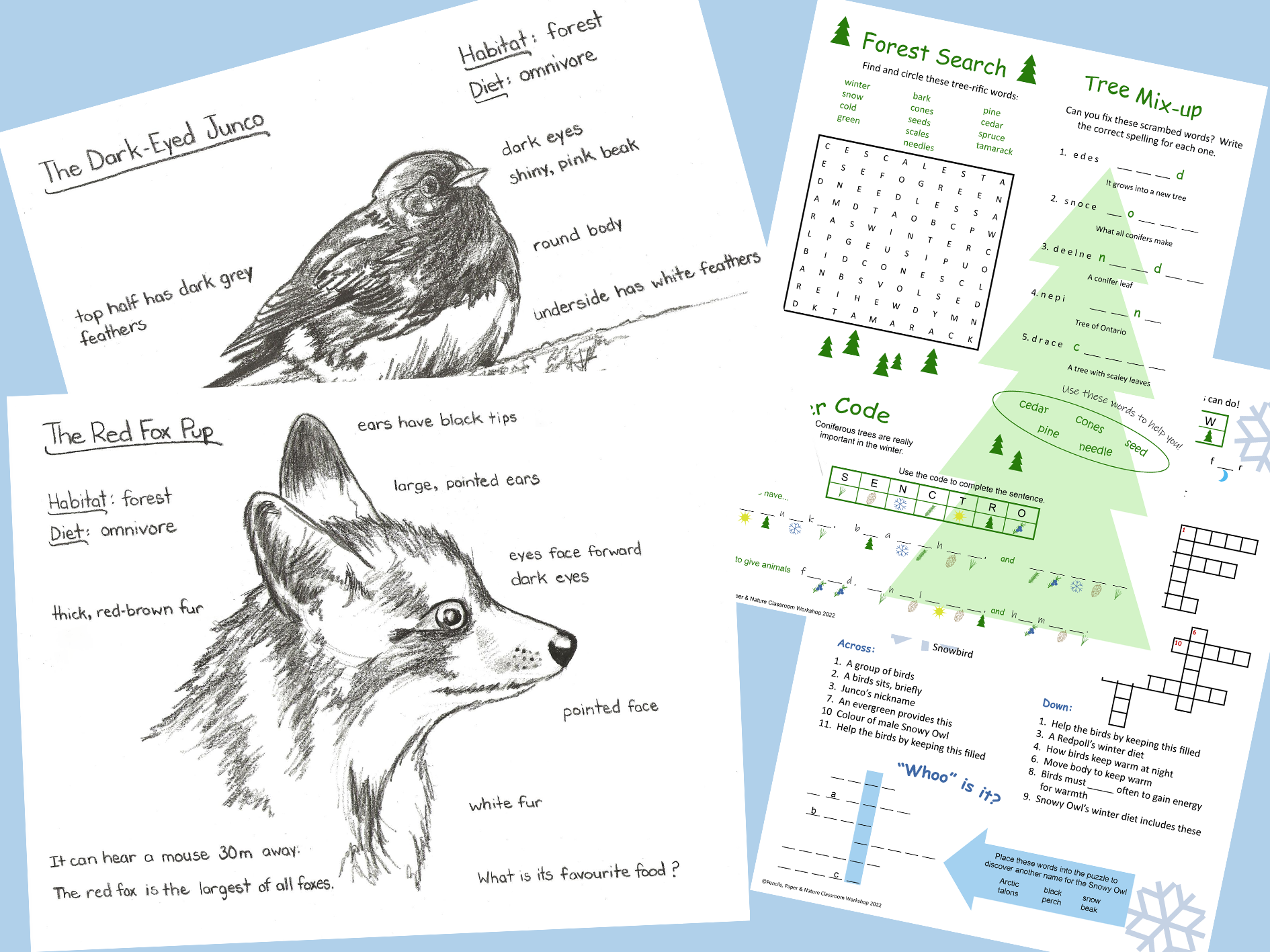
Junior Classes
Choose from the following classes to begin an online nature adventure with your students in Grades 4 - 6.
Habitats
Habitats are always changing, in small and big ways. Changes in seasons and populations affect the habitat and communities that live there. Each class explores changes in a specific habitat and a variety of plants and animals that adapt to these changes. Sketch and journal one plant and one animal.
Class 1: A Year at the Marsh
The marsh is full of life and always changing; at the edge, in the water and in the muddy bottom. Observe the marsh through the seasons and the species that adapt to the changes in this important wetland.
Class 2: The Changing Forest
From soil to canopy, the forest is a unique habitat that supports many plant and animal populations. Explore how the population growth or decline of a species impacts the habitat and the communities within it.
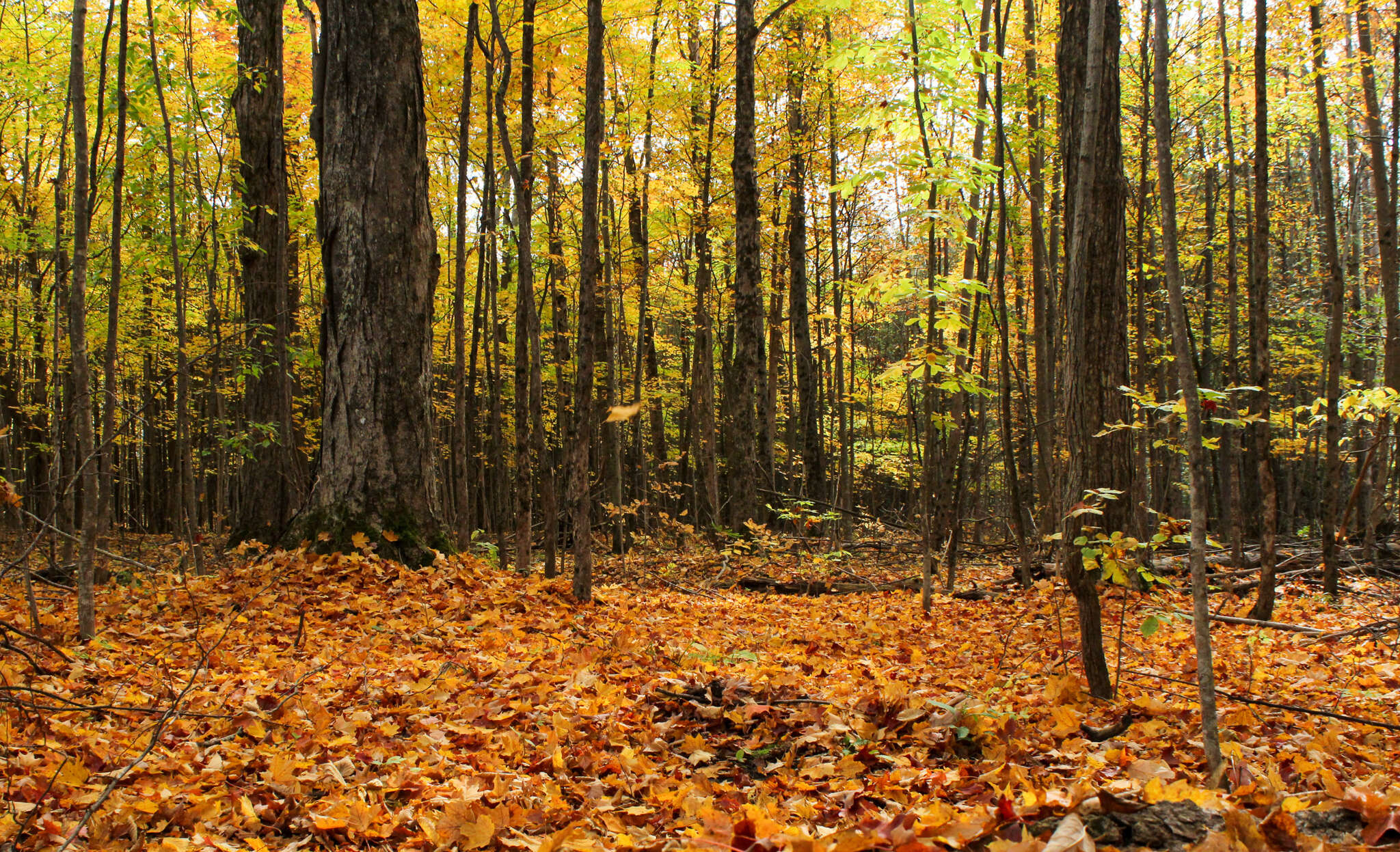
Plants
Plants grow in different shapes and sizes, from miniscule moss to towering trees. What do they have in common? How are they classified in the plant kingdom? How do plants benefit from the animals around them? In each class, sketch and journal two species.
Class 3: Spores, Seeds & Pollen
Explore the features of plants within the phyla of moss, fern, conifer and flowering plant and take a close-up look at two unique plants.
Class 4: Crazy for Coneflowers
Investigate the life cycle of the coneflower and discover how this amazing plant provides shelter and food for a variety of species throughout the year.
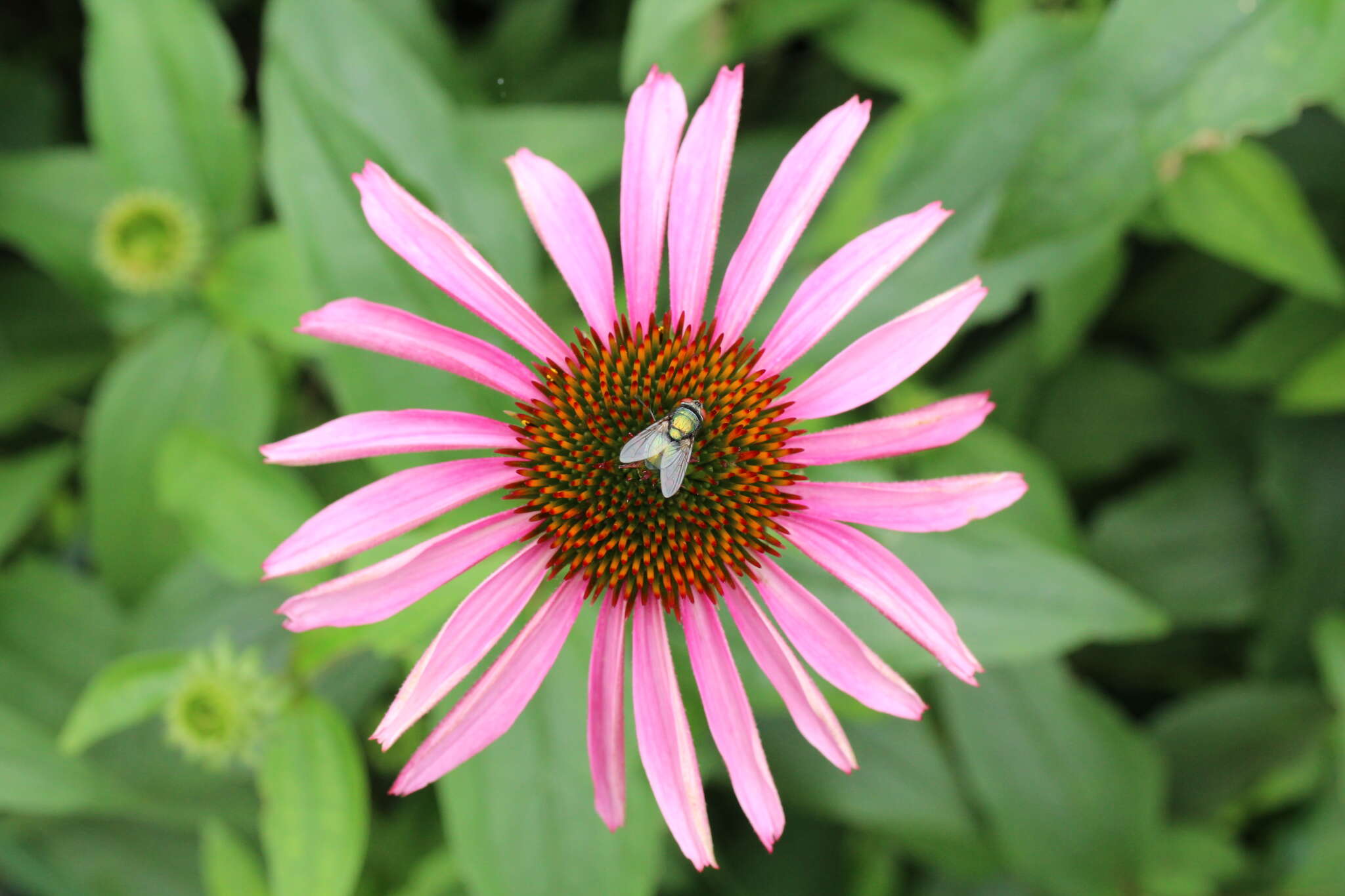
Animal Physical Characteristics
How do you identify one animal species from another? What key features do you look for? In each class, investigate the physical characteristics used to classify a variety of species. Sketch and journal two species.
Class 5: Vertebrate Investigation
When are a mink, a leopard and a bull not mammals? When they're frogs! Explore the amazing diversity of shapes and sizes, colours and coverings of a variety of frogs and turtles.
Class 6: Invertebrate Investigation
Is that a dragonfly or a damselfly? What are the differences between a butterfly and a moth? Explore the diversity of body shapes, sizes, colours and functions of these winged invertebrates.
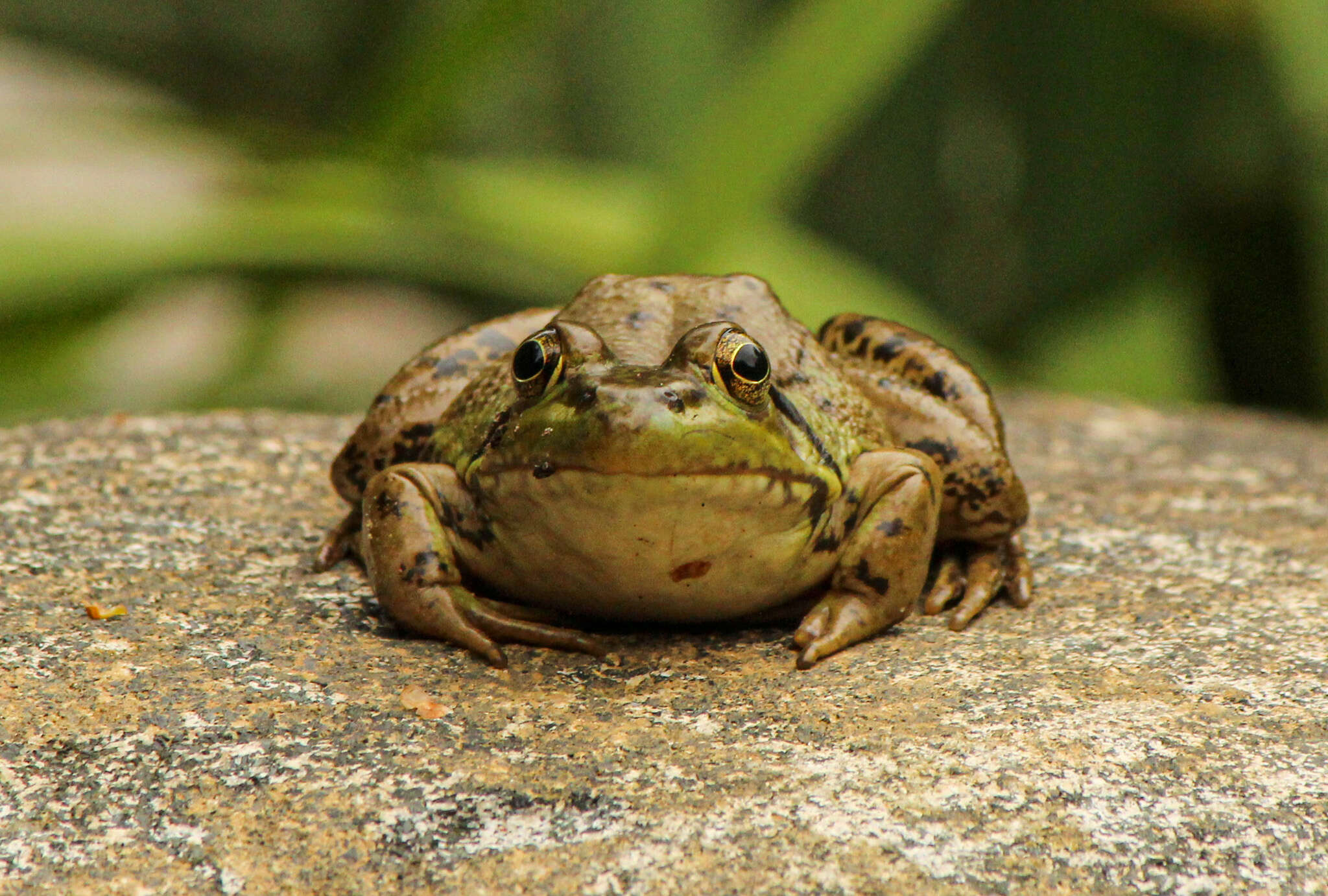
Animal Behaviours
The changing seasons in Ontario's habitats greatly affect animal behaviour; from where to overwinter, to when to nest. In each class, explore social and solitary animal behaviours. Sketch and journal two animals.
Class 7: Visiting Winter Birds
Winters in the northern hemisphere cause many migrators to travel great distances to overwinter in southern locations. For some northern birds that are adapted to cold and snow, parts of Ontario are their ideal winter destination. Discover and learn more about these snow-loving winter visitors.
Class 8: Parenting Behaviours
Breeding season is a challenging time for animals. Explore the parenting behaviours of a variety of species as they build nests, gather food and provide protection for their offspring.
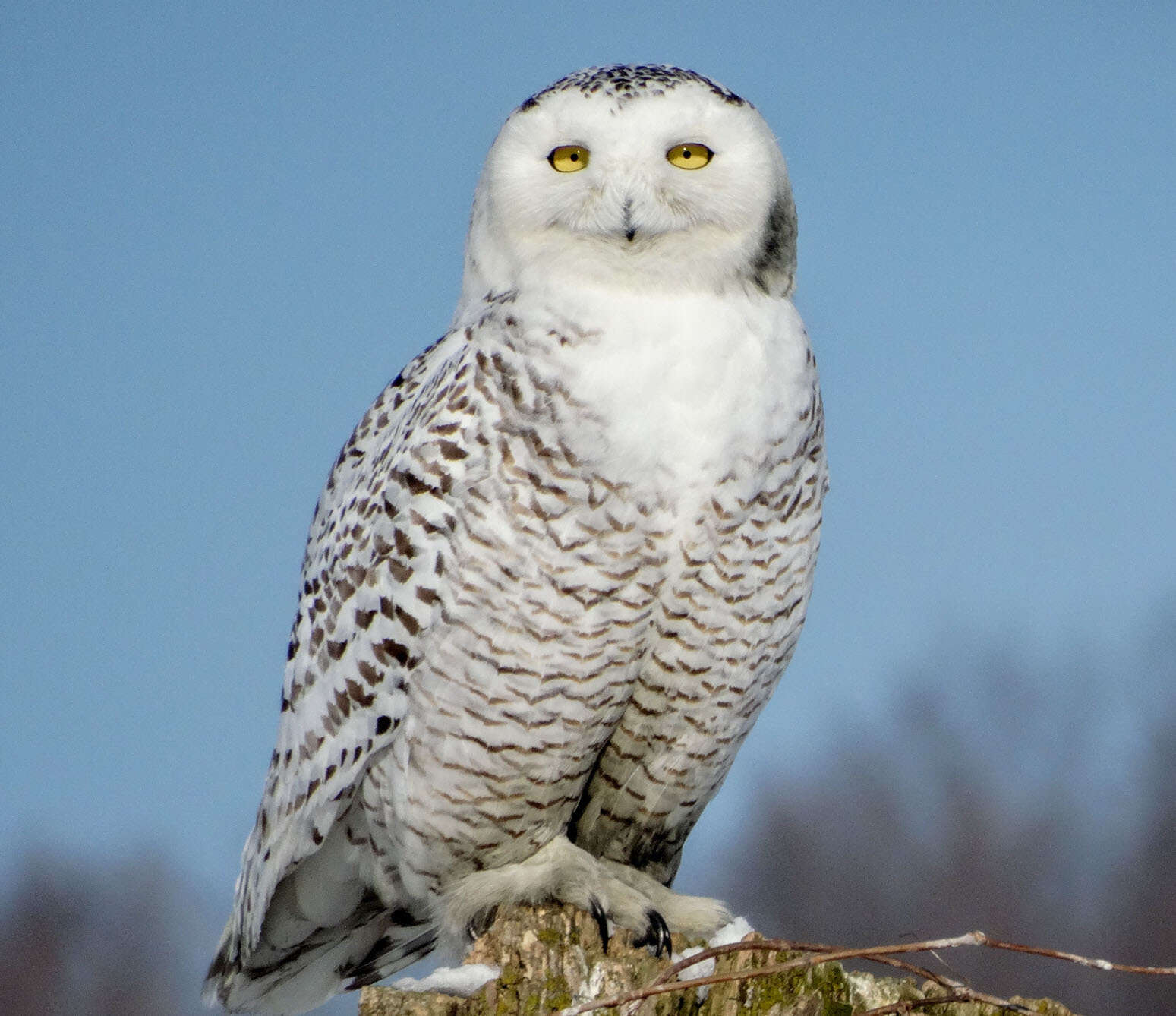
Food Webs
Every living organism needs energy from food to fuel its daily activities and growth. In each class, explore the diets of producers and consumers and investigate how this energy travels through a food web. Sketch and journal two species.
Class 9: Omnivore Buffet
What's the similarity between a hummingbird and a raccoon? Each is an omnivore! Discover a variety of these opportunistic feeders within a community food web.
Class 10: Carnivorous Birds
Not all birds peck away at a diet of seed. And not all carnivorous birds are raptors. Discover some of Ontario's carnivorous birds and get a bird's-eye view of the food webs that support them.
